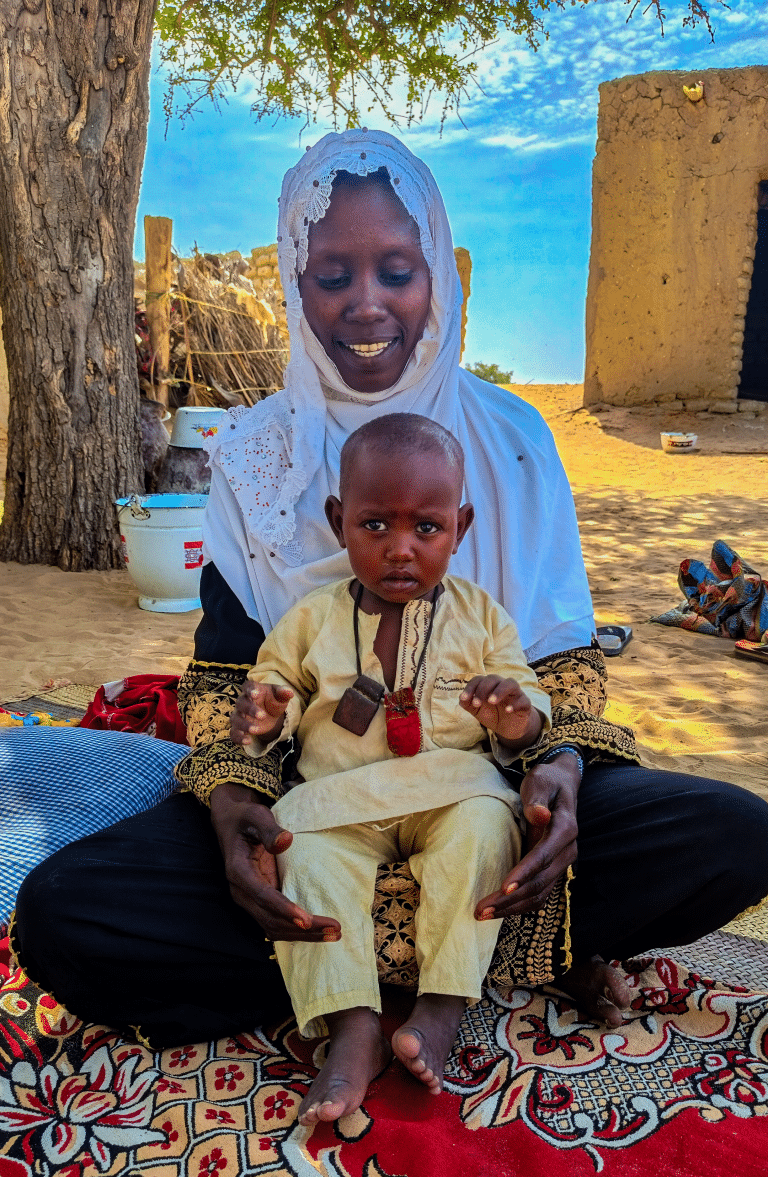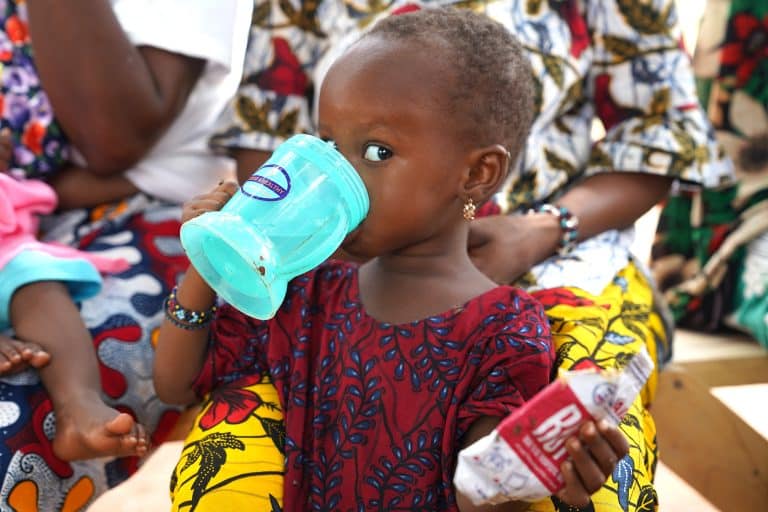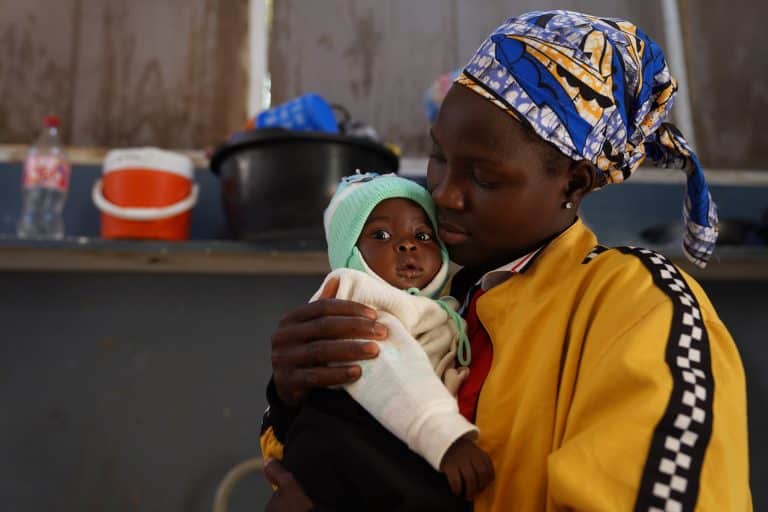How do you feel about this new responsibility?
ALIMA presents a new model of humanitarian organization, based on local capacities, partnerships and medical research. This gives us great responsibility towards the populations we treat, the staff on the ground and the entire humanitarian community. Our ambition is to transform medical and humanitarian practices.
What are the main objectives of your actions?
With our field teams and partners, we will implement the ALIMA charter, the first principle of which is: “putting the patient first.” Our job, our goal is to be able to provide medical care for patients who suffer and die from preventable diseases, which elsewhere in the world can easily be prevented and treated. To achieve this, the key is ALIMA staff: coordination teams and headquarters staff. We invite the best humanitarian professionals who share this vision to join us.
During our various interventions in response to disease outbreaks, such as Lassa fever in Nigeria and Ebola in the DRC, and the fight against malnutrition, ALIMA faces many challenges. Among all these urgent needs, is there an order of priority?
Our real priority is to provide the highest quality care for all our patients. In 2018, we treated 1.1 million patients and each deserve the best possible care. Whether they are children suffering from malnutrition, treated on an outpatient basis or in the hospital, or victims of outbreaks, as is currently the case with Ebola in the Democratic Republic of the Congo. Our actions are not motivated by political, economic or media interests. For example, the media talks more about Ebola than about the crisis facing people in the Sahel or around Lake Chad. Our duty is to ensure that our agenda is set by the needs of the people, and thus to give life to the principle of impartiality. Our priorities are set by the needs of the population and not by other interests.
Speaking of the Sahel, the security situation has deteriorated significantly. ALIMA operates in five countries in this zone, namely: Mauritania, Mali, Burkina Faso, Niger and Chad. What challenges is ALIMA currently facing and what are the possible solutions you foresee?
Since our creation in 2009, ALIMA has been very active in all Sahelian countries, which face many difficulties (extreme poverty, food insecurity, lack of access to healthcare…). These difficulties are currently increasing structurally with climate change and also in a cyclical way, particularly with the conflicts (inter-ethnic and the presence of armed groups) that are taking place in the area. As a result, the difficulties faced by the populations are increasing.
For us, there are two main challenges: the first is to face a deteriorating security situation, particularly in Mali, Burkina Faso and Niger. For this reason, ALIMA has developed the Rapid Response Mechanism (RRM), a multinational and cross-border project to address the urgent health needs of displaced persons and vulnerable host populations affected by humanitarian crises. We remind everyone that NGOs are protected by international humanitarian law and that they act impartially, neutrally and independently, without bias.
The second challenge is financial resources, because needs in the Sahel countries are much higher than the resources allocated by international donors. Today, the United Nations estimates that less than 50% of humanitarian needs in the Sahel have been funded for the year 2019. We must be able to mobilize more financial resources so that medical projects can be deployed to meet the needs of the population.
Research, innovation and, above all, the alliance with local organisations are ALIMA’s distinctive marks. What are some of the challenges you may face?
To maintain and strengthen our model of efficiency and medical quality, the key is found in ALIMA’s staff. We also want to attract new employees who are interested in a more flexible model. ALIMA was built thanks to this motivation, and this is what will allow us to remain ourselves, to make sure that each of the professionals who arrive with a desire for innovation, creativity and a strong commitment, can find their place, so that we can build paths together.
2009 – 2019 : ALIMA turned 10 years old this year. What are some of your favorite memories?
There are so many memories… Memories of patients, projects… I remember the individual career paths of the professionals at ALIMA. Those who came and went, and others who stayed from the beginning. Today, the vast majority of the organization’s senior professionals are African, from our countries of intervention. For example, some started as attending physicians, then referring physicians, then medical coordinators, head of mission, etc. It is these individual developments in African humanitarian frameworks that impress me. From now on, ALIMA fully belongs to them.
What are the new prospects for ALIMA? What will ALIMA become in 10 years or 20 years?
Year after year, more and more people are living in crisis situations. For sure, this growth in humanitarian needs will continue. At the same time, it is becoming increasingly difficult for all humanitarian actors to access populations and provide health services.
During the next 10 years, my wish for ALIMA is to keep our original model, our new way of operating that combines local partnership and research. This NGO will become more efficient, particularly in producing medical relief for the most vulnerable populations, which are becoming more and more numerous, and more difficult to help.
Photo : Cora Portais / ALIMA





